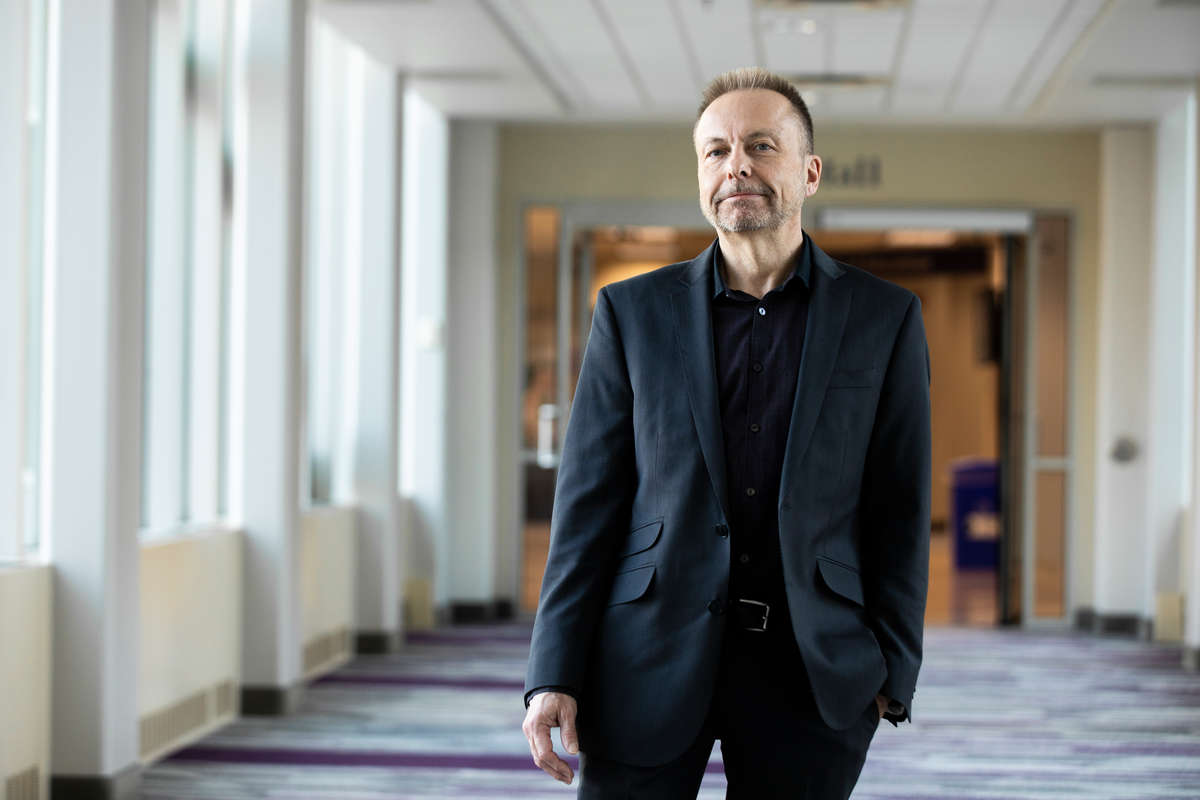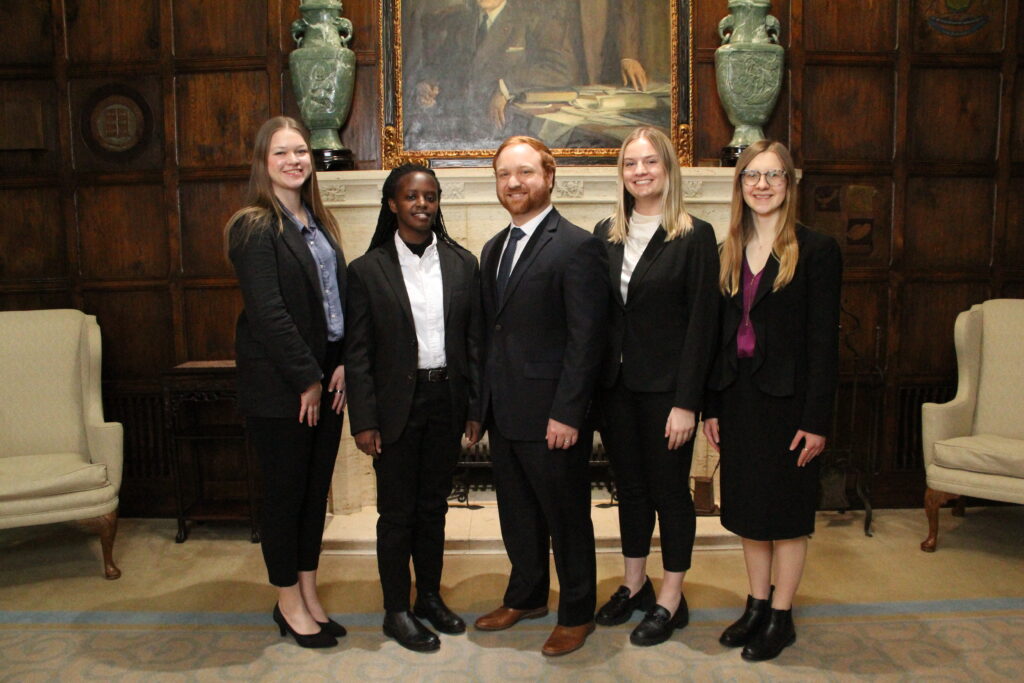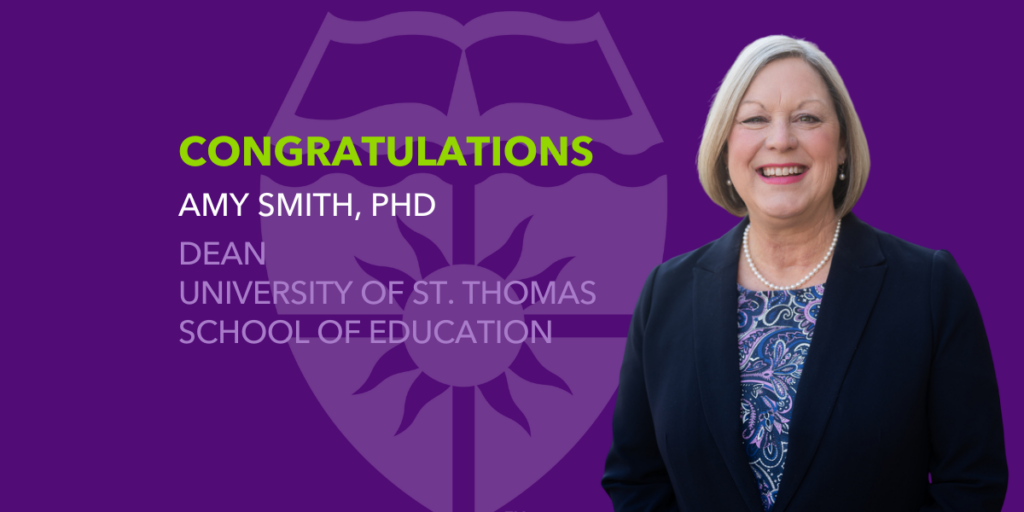For more than two decades, Dr. Christopher Vye, associate professor and chair of the Graduate School of Professional Psychology in the Morrison Family College of Health, has treated people with anxiety disorders in his clinical practice. The pandemic, he said, has presented a particular set of challenges for many with obsessive compulsive disorder (OCD), which affects as much as 2-3% of the population. The Newsroom talked to Vye about the disorder and issues people with OCD are facing during the COVID-19 pandemic.
What have you noticed about OCD symptoms during the pandemic?
I work with many people with contamination concerns, which is one of the most common manifestations of OCD. They are people concerned about germs and catching things – including coming into contact with viruses. Their behaviors are either avoidance of situations or washing and cleaning excessively. COVID-19 is presenting a particular problem for that subtype of OCD.
What we're trying to do as therapists is to help clients differentiate the true alarms from false alarms. This is particularly difficult in these times when hand washing for 30 seconds or longer and avoiding surfaces and cleaning them in a much more fastidious fashion than is typical, is what’s recommended.
What happens is that people have a hard time drawing the boundaries with what is appropriate versus what is in their best interest in respect to their treatment. There's this duality of their health on the one hand, and their ability to make progress in their treatment on the other. What we're trying to do with treatment is help them move toward taking more acceptable risks – the kinds of risks that we all take to live a well-functioning life –and not overdo it.
What can be done to help people who are having an especially challenging time with OCD during the pandemic?
This is an area where it is important to receive a particular form of treatment. Unfortunately, there is a shortage of providers with experience treating OCD, especially when it is severe. This particular issue is so salient right now that those of us who do this work are flooded. I work full time at St. Thomas, and I also practice, but I don't have the time to meet the need. I'm trying to consult with providers. What can be done is to help those with the condition to take the guidelines that are given and follow them – nothing more, nothing less. The fact that the messaging from the top-down in the United States has been so inconsistent has made it even tougher for people with OCD to navigate this landscape.
Clinically, what we do is try to help them follow the lead of people who are responsible in the way that they conduct themselves around the pandemic. But, again, not going overboard with it and to try to rein it in. That is part of the therapy we call exposure and response prevention.
Are you seeing more college students with OCD?
We’re seeing more college students in my [professional] practice with OCD. And we’re not a specialty college practice. Studies suggest that college counseling centers are seeing this to a greater degree as well along with more severe mental health conditions. College students are at risk for the onset of mental health conditions including OCD.
Since many people are worried about germs and have become more diligent about washing their hands and not touching their faces, do you think this will lead to more empathy towards people with OCD?
I hope it results in less stigma and greater empathy. One way of talking about it is to think about the tension and stress that we all have – I need to take this precaution, avoid this surface, wash my hands a little bit longer. How do I know when to stop? Those types of thoughts are now part of daily life for many people. Now magnify that by 100, and that's the concern of a person with OCD. They have the same fears but have a much more difficult time putting the reins on their behaviors. Then imagine the time spent and the distress associated with not feeling a sense of when enough is enough while having images of the consequences of serious COVID-19 playing loudly in your head.
What effects do you think COVID-19 will have on people with OCD in a post-vaccine world?
I’m hoping with messaging getting out about it, there will be more empathy in the population at large. Maybe there’ll even be more interest among providers in taking this on as a specific interest area and enhancing their skills in treating it.







